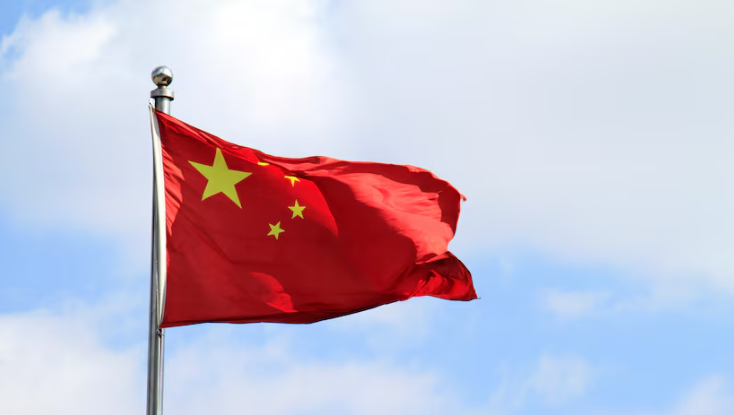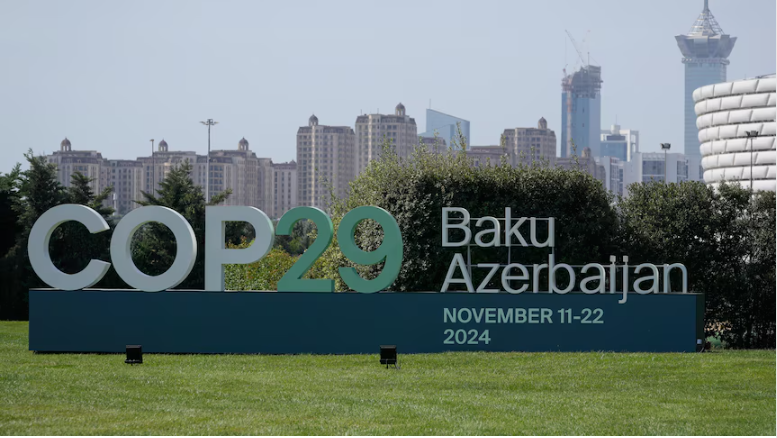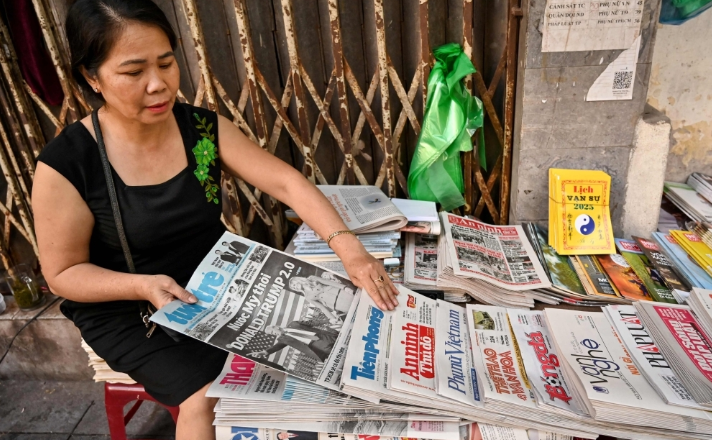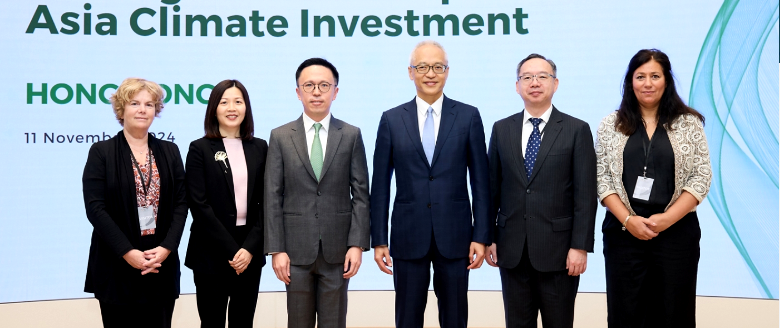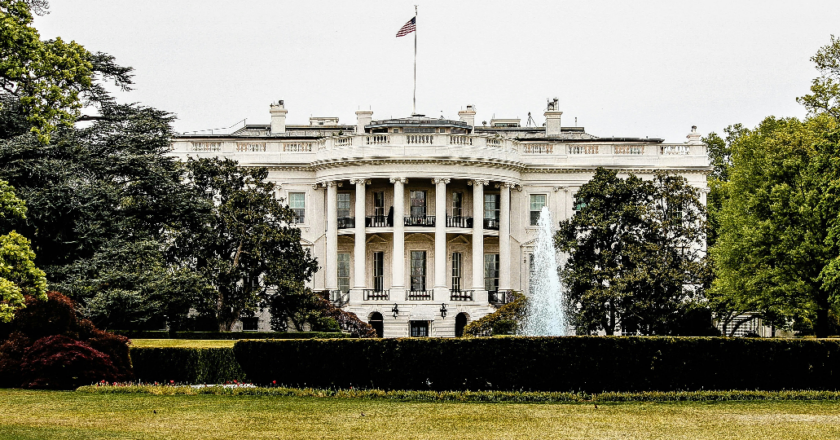Morgan Stanley and Goldman Sachs reduce China’s prospects for economic development.
Hong Kong stocks are cheap but may miss out on the benefits of China's economic support, analysts at Goldman Sachs said, while Morgan Stanley warned tensions and tariffs could hurt, as both brokerages downgraded market forecasts.
Goldman Sachs trimmed its recommendation on Hong Kong shares to "underweight" from "market weight".
Morgan Stanley downgraded China to slight "underweight" from "equal weight" in emerging markets, with analysts noting that efforts to revive the economy and a Republican sweep of Congress and the White House could significantly impact markets.
"We expect even stronger headwinds on corporate earnings and market valuation in the coming months," Morgan Stanley analysts said in a note dated Nov. 17.
Morgan Stanley's base-case target for Ch...
